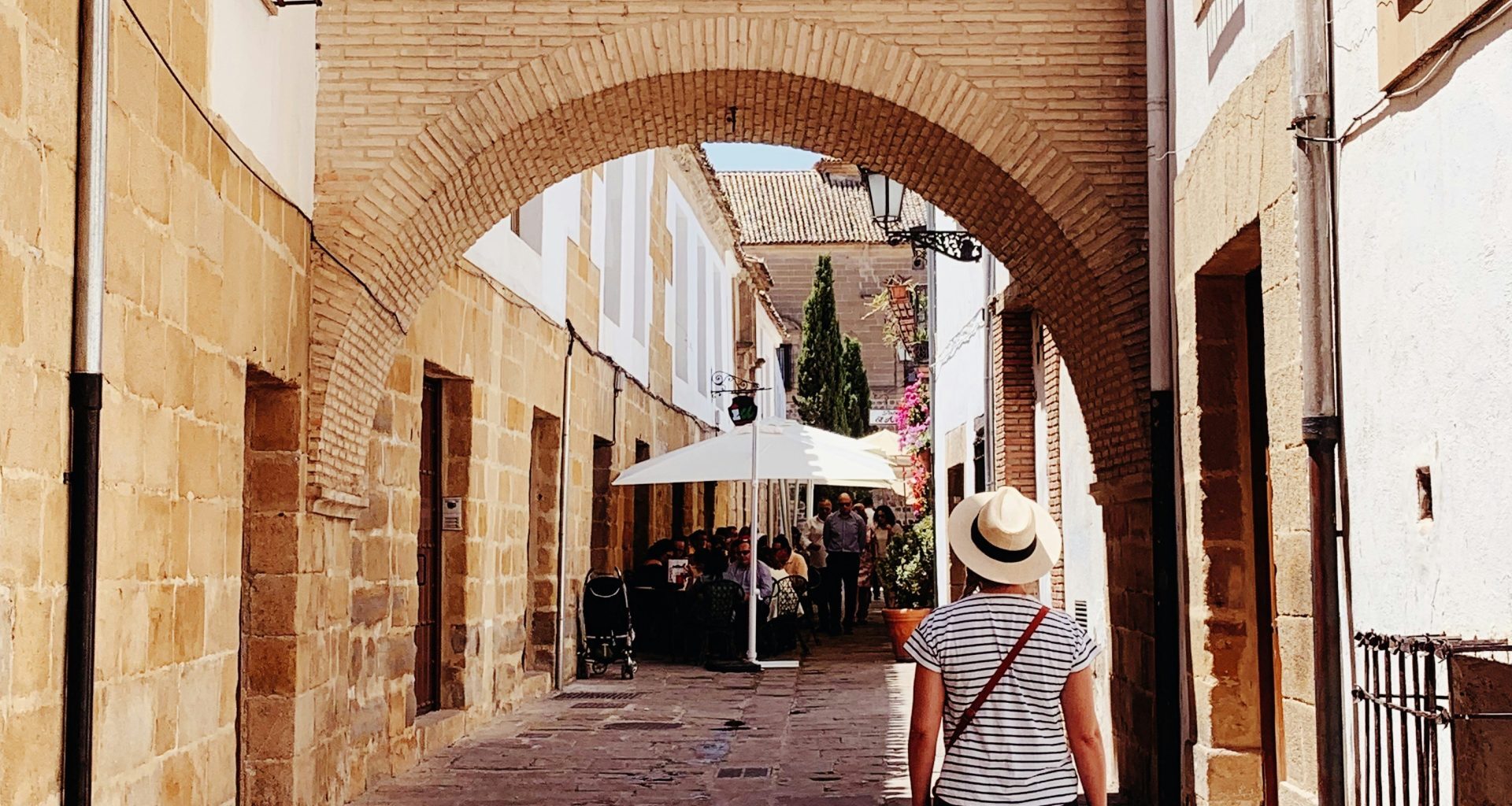Reading Time: 2 minutes
Spain: The Spanish government has mandated the removal of nearly 66,000 Airbnb listings that violate tourist accommodation regulations, intensifying efforts to tackle the country’s housing crisis and the impact of mass tourism.
The Ministry of Social Rights and Consumer Affairs, led by minister Pablo Bustinduy, identified affected properties across regions including Madrid, Andalusia, Catalonia, Valencia, the Basque Country and the Balearic Islands.
These listings were found to lack proper licensing, include incorrect registration numbers or fail to disclose ownership details, contravening regional laws.
A Madrid court upheld the government’s directive, ordering the immediate delisting of 4,984 properties. Further judicial decisions are pending for the remaining listings.
Bustinduy said: “It can be possible to ensure that no economic interest has priority over housing and that no company, however big or powerful, is above the law.”
Airbnb has said it will appeal the decision, arguing that responsibility for listing information lies with property owners, not the platform itself. The company also cited a 2022 Spanish Supreme Court ruling that supports its position as a neutral intermediary.
The clampdown comes amid a new wave of anti-tourism protests across Spain. In the Canary Islands, more than 23,000 residents recently demonstrated against the overwhelming influx of tourists, which they claim is inflating housing costs and straining local resources.
Spain, the world’s second most visited country, welcomed 94 million tourists in 2024, a 13 per cent increase on the previous year.
While tourism remains a vital economic driver, it has also contributed to housing shortages and rising living costs in many popular destinations.
In response, cities like Barcelona have announced plans to eliminate all short-term tourist apartments by 2028 to safeguard long-term housing for residents.
Highlights:
- Spanish government orders Airbnb to remove nearly 66,000 listings
- Ministry says listings failed to comply with licensing regulations
- Airbnb says it will appeal the decision
- Platform cites 2022 Supreme Court ruling supporting its role as a neutral intermediary
